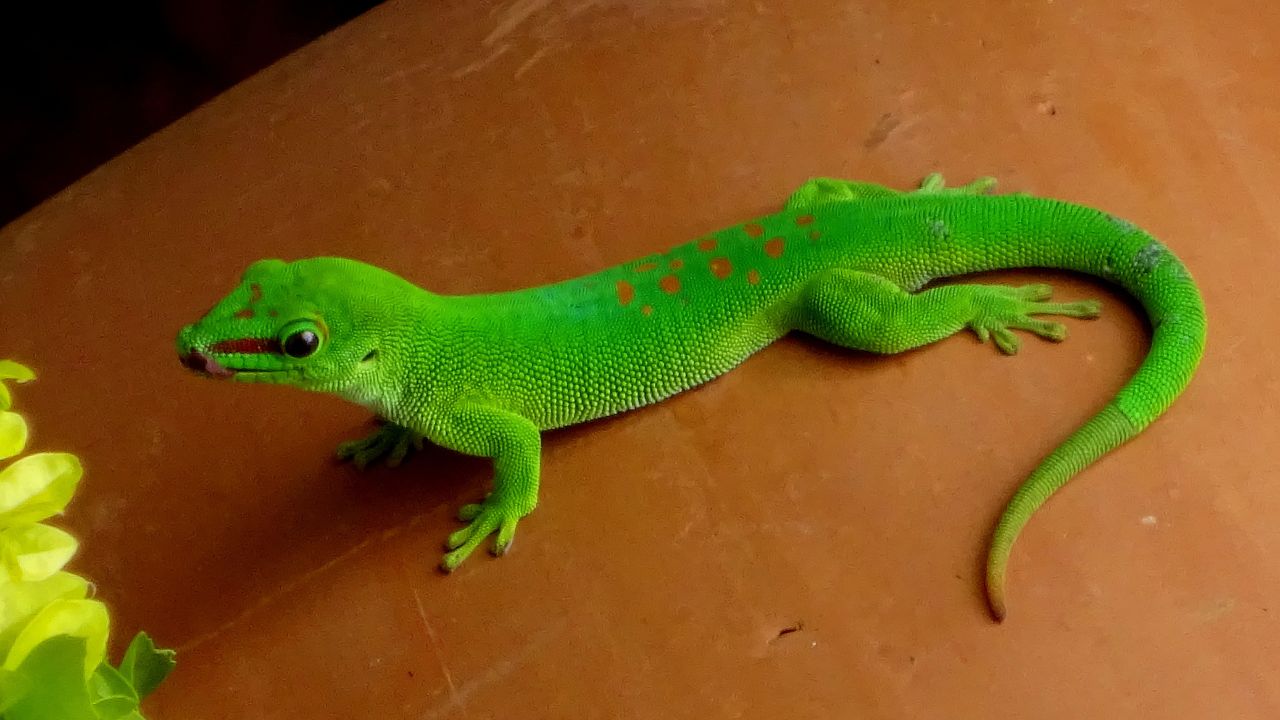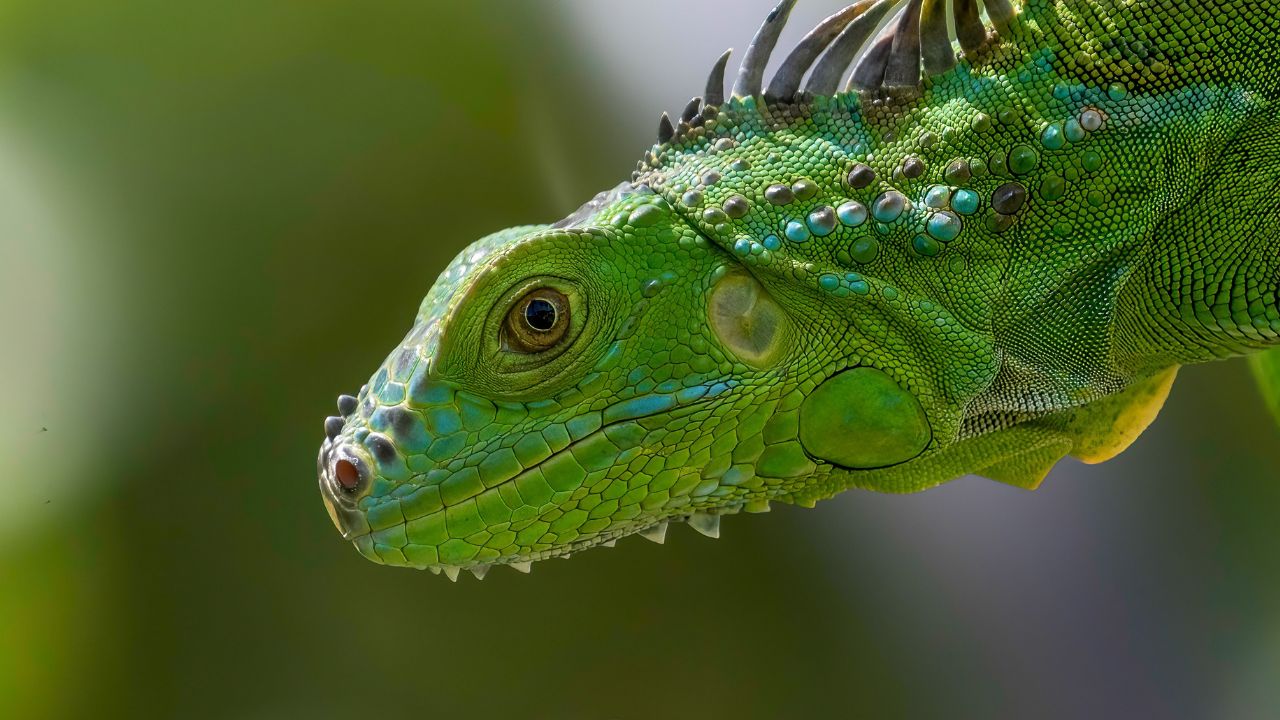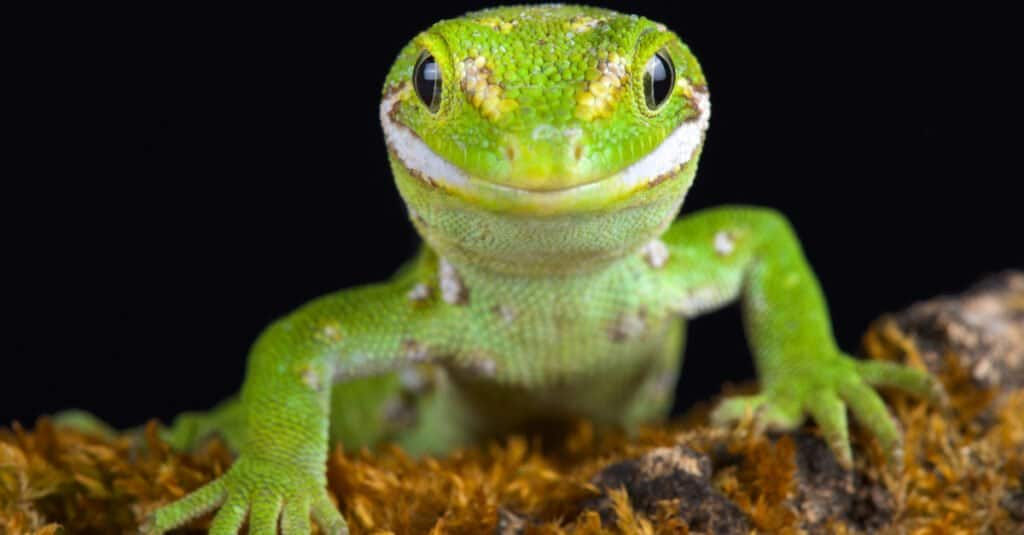The keeping unusual pets has been a controversial practice for decades, with its legality often clouded in uncertainty and confusion. One of the more common exotic pets is the lizard, but is it legal to own one? The answer to this question depends on a variety of factors, such as the type of lizard, state laws, and even local city ordinances. They may also have very specific care requirements. That’s why it’s important to make sure that you can meet your reptile’s needs before bringing them home. In this blog post, we will provide an overview of the legality of keeping lizards as pets and what you need to know before making this decision and explore the legality of owning a lizard, examine the potential risks and challenges of caring for a reptile, and guide you on how to go about owning one if it is legal in your area. So, whether you’re already a lizard owner or considering becoming one, there are plenty of helpful details for you to learn about.
State and Local Laws
Most state and local laws say whether you can have a lizard as a pet. Some states have specific laws regulating the ownership of reptiles, while others do not regulate reptiles at all. It’s important to find out what the laws are in your state and town to make sure you’re following all of them. In many states, it is illegal to keep lizards as pets. This is because lizards are not native to these areas and can carry a variety of diseases from other reptiles. For example, New Mexico law states that a person can be fined up to $500 for keeping a lizard that is not a native species. In addition, some counties and cities have additional restrictions and regulations that govern what kinds of animals can be kept as pets.
Federal Regulations
In addition to state and local laws, there are also federal regulations that apply to certain species of lizards. To protect endangered species and stop the spread of invasive species, the Lacey Act limits the import and trade of certain species of reptiles, including some species of lizards. It is important to be aware of these regulations if you are considering obtaining a lizard from another country or state.
Caring for Your Lizard
Regardless of the legality of keeping a lizard as a pet, it is important to understand the responsibilities that come with owning a reptile. Lizards come in a variety of sizes and species, each with unique needs and temperaments. Keeping your lizard’s tank clean is a vital part of their care, as it helps to prevent the spread of bacteria and pathogens that can cause disease. It’s important to spot-clean their enclosure daily and perform a deep clean every few weeks. And, to make sure you can give your pet the care they need, you need to do the right research and plan.
Proper Nutrition
Most lizards are omnivores and require a balanced diet of plants and insects, so they need to eat live insects like crickets and meal worms, as well as small amounts of fruits and vegetables. Feeding your lizard, the appropriate diet is important for their health and well-being. A good diet for them should consist of a variety of fruits, vegetables, and meaty foods, like crickets, snails, or cockroaches. You can also dust these with a multivitamin reptile supplement for extra nutrition.
In terms of care, some lizards require more attention and handling than others. This is why it’s important to choose a lizard that fits your lifestyle, handling skills, and budget.
Habitat Requirements
Lizards live in a variety of habitats, from the lush jungles of Australia to the deserts of Asia. They are one of the most diverse and successful reptile families. And they require a specific temperature and humidity level in their habitat to thrive. This can be achieved through the use of heating lamps and misting systems. Providing your pet with the proper environment is crucial for their comfort and overall health.
Temperament and Interaction
Some species of lizards are more docile and friendly than others. While some are happy to be handled and interacted with, others are more skittish and may become stressed if handled too frequently. Before choosing a pet lizard, research their temperaments and behaviors to ensure they are a good fit for your household.
Keeping a lizard as a pet can be a rewarding and exciting experience and some of them are expensive, but it is important to understand the responsibilities that come with owning a reptile. Proper research, planning, and commitment are essential for providing your pet with a healthy and happy life. If you are considering adding a lizard to your family, make sure you are prepared to meet their unique needs and provide them with the care they require.



